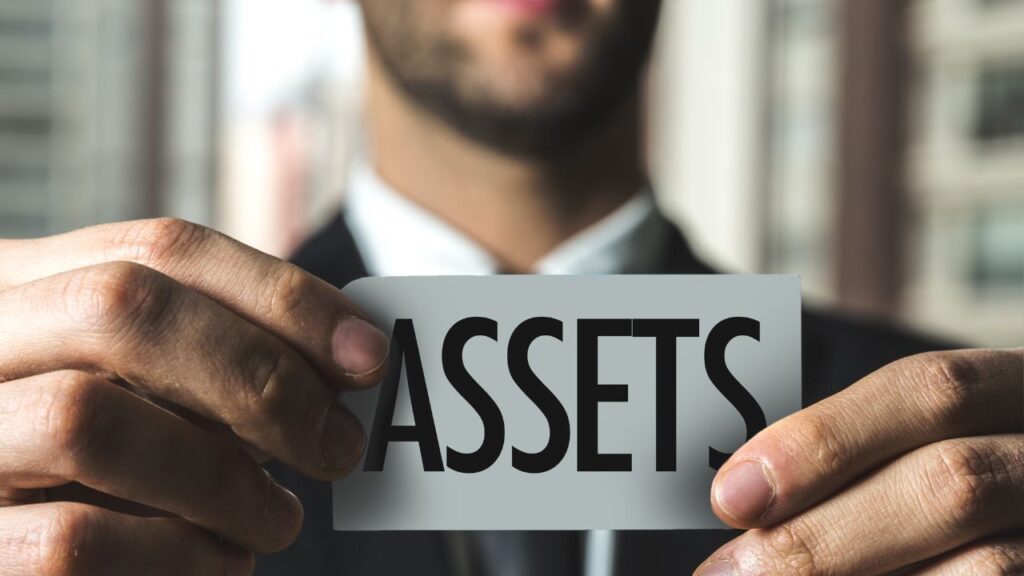Life is full of surprises, and unfortunately, not all of them are pleasant. That’s why it’s essential to prepare for the unexpected, including what happens to your assets if something were to happen to you. One crucial tool in this preparation is an asset register. Let’s explore why having an asset register is so important in case the unexpected occurs.
Importance of an Asset Register
1. Clarity in Chaos: If something were to happen to you suddenly, your loved ones would likely find themselves in a chaotic and emotional situation. An asset register provides clarity amidst this chaos by detailing all your assets in one place. From bank accounts to investments, properties to valuable possessions, an asset register ensures that nothing falls through the cracks.2. Ease of Access: Imagine your loved ones scrambling to piece together your financial puzzle without any guidance. An asset register provides them with easy access to vital information about your assets, including account numbers, account types, and locations. This accessibility saves them time and stress during an already difficult time.
3. Financial Stability: Whether you’re the primary breadwinner or a contributing member of your household, your financial stability is crucial to your family’s well-being. An asset register empowers your loved ones to understand your financial situation and make informed decisions about managing finances in your absence.
4. Protecting Your Legacy: Your assets represent your hard work, achievements, and the life you’ve built for yourself and your loved ones. An asset register helps protect your legacy by ensuring that your assets are managed and distributed according to your wishes. It minimizes the risk of assets being overlooked or mishandled, preserving your legacy for future generations.
Creating an Asset Register
1. Compile a Comprehensive List: Start by listing all your assets, including bank accounts, investment accounts, real estate, vehicles, insurance policies, and any other valuable possessions you own.
2. Document Key Details: For each asset, document important information such as account numbers, account types, ownership titles, and any associated legal documents or beneficiary designations.
3. Keep it Updated: Regularly review and update your asset register to reflect any changes in your financial situation, such as new accounts, closed accounts, or changes in ownership.
4. Communicate with Trusted Individuals: Ensure that trusted individuals, such as family members or close friends, know about the existence and location of your asset register. Consider discussing your financial situation with them and explaining how your assets are organized and intended to be managed in case something happens to you.
In conclusion, an asset register is a vital tool for planning for the unexpected. By creating and maintaining an asset register, you provide your loved ones with the clarity, access, and stability they need to navigate your financial affairs if something were to happen to you suddenly. Don’t wait until it’s too late – start planning today to protect yourself and your loved ones for whatever the future may hold.




